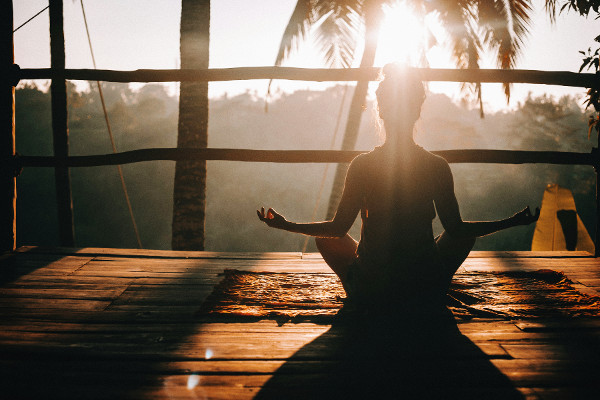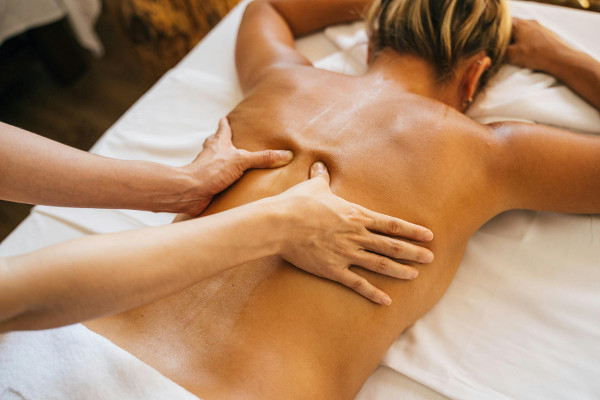Aroma Therapy Quick Guide: How to Use Essential Oils for Natural Healing and Stress Relief
Aroma therapy is a gentle way to reconnect with nature’s healing power through the scents of plants. By using essential oils, you can ease stress, improve mood, and invite calm into your daily life. This natural practice helps you slow down and find balance amid a hectic world. Whether you want to relax, sleep better, or boost your wellbeing, understanding how to use aroma therapy safely and effectively opens the door to simple, soothing self-care.
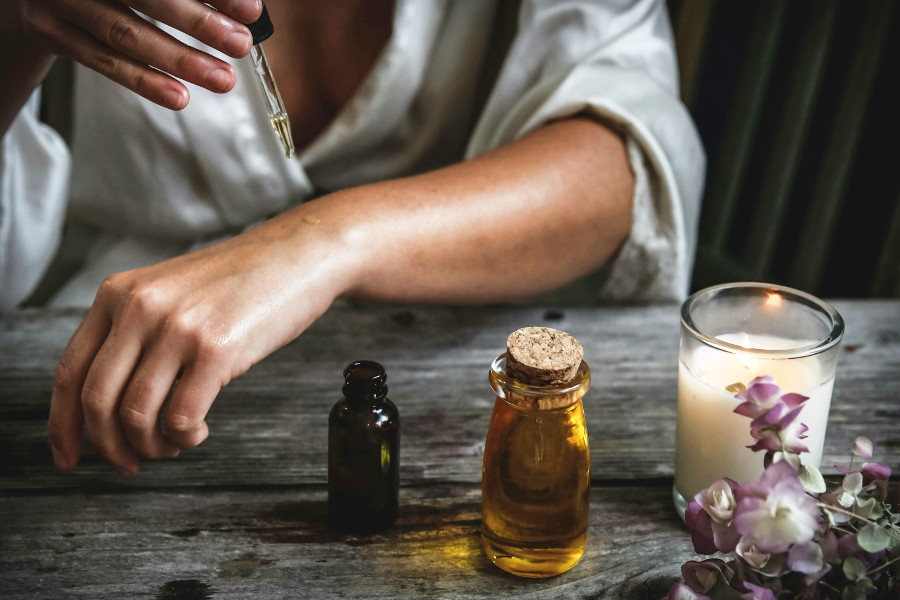
What is aromatherapy?
Aromatherapy is basically a way to use the natural scents of plants to help you feel better – physically, mentally, and emotionally. It’s about using essential oils extracted from flowers, leaves, and bark to reconnect with nature’s healing power. This practice has been around for centuries but is now popular as a gentle, natural way to ease stress, boost mood, and support overall health. Whether you breathe in the fragrance or apply it to your skin, aromatherapy invites you to slow down and tap into the calming energy of nature’s aromas. In a world that often feels rushed and overwhelming, it offers a simple way to bring balance back into your life.
How does aromatherapy work?
Aromatherapy works by connecting your sense of smell with your brain’s emotional center. When you inhale essential oils, their scents travel directly to the limbic system – the part of your brain that governs feelings and memories. This triggers responses that can calm your mind, uplift your mood, or even ease physical discomfort. When applied to the skin, these oils absorb gently, interacting with your body on a subtle level. It’s a beautiful fusion of scent and sensation that helps you feel more grounded and balanced. Simply put, aromatherapy helps your body and mind tune into nature’s healing rhythms.
What are the benefits of aromatherapy?
The benefits of aromatherapy are wide-ranging and deeply soothing. Many people use it to melt away stress, quiet anxiety, and improve their mood naturally. It can help you sleep better, ease headaches, and soothe sore muscles. Beyond that, aromatherapy supports your immune system and helps detoxify your body, making you feel refreshed inside and out. The fragrances create a calming atmosphere that invites relaxation, whether at home or in a spa. It’s not a miracle cure, but rather a gentle companion that helps restore harmony when life feels chaotic or overwhelming.
Which essential oils are best for aromatherapy?
Certain essential oils are favorites because of their powerful yet gentle effects. Lavender is the go-to for calm and relaxation. Peppermint can invigorate your mind and ease headaches. Eucalyptus helps open up your breathing and clear your mind. Tea tree oil fights germs naturally, while chamomile offers a soothing hug for your nerves. Lemon brightens your mood, rosemary sharpens focus, and frankincense grounds you with its deep, earthy aroma. These oils each bring something special, and blending them can create a personalized, healing experience. The key is to choose pure, quality oils that honor the plant’s natural essence.
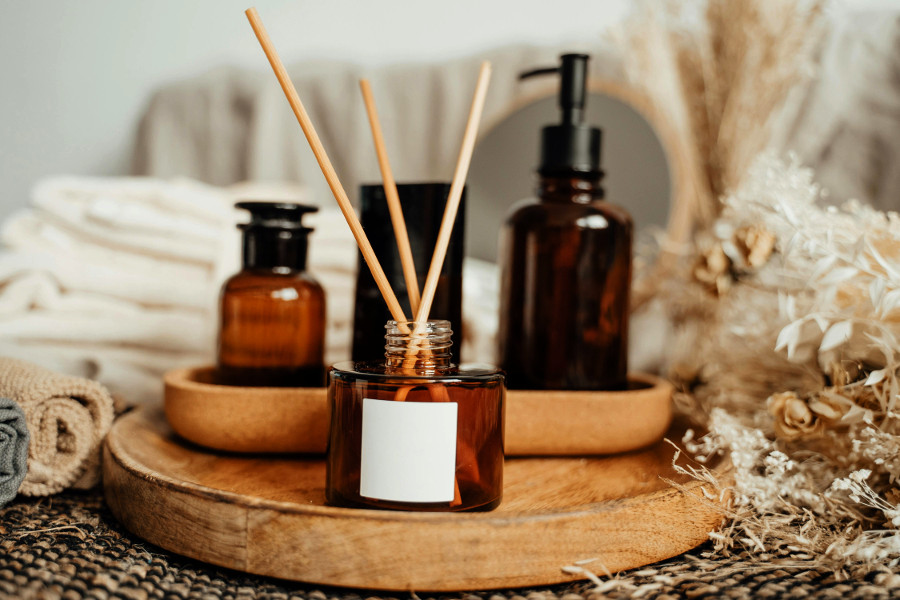
Can aromatherapy help with anxiety and stress?
Yes, aromatherapy can be a wonderful ally against anxiety and stress. Oils like lavender, bergamot, and chamomile have gentle calming effects that help your body unwind and your mind let go of worry. By stimulating your brain’s emotional center, these scents can reduce stress hormones and ease tension. It’s not a substitute for professional care if anxiety is severe, but it’s a comforting, natural way to relax after a tough day or manage everyday worries. Inhale deeply, and you may find yourself feeling lighter, calmer, and more at peace.
Is aromatherapy safe for everyone?
Aromatherapy is generally safe for most people when used thoughtfully, but it’s not a one-size-fits-all solution. Some essential oils can irritate sensitive skin or trigger allergic reactions if not diluted properly. Pregnant women, children, and those with certain health conditions should seek advice before diving in. It’s also important to avoid ingesting oils unless under professional guidance. While essential oils come from nature, they’re concentrated and powerful, so treating them with respect and care ensures a safe and enjoyable experience for everyone.
How do you use essential oils for aromatherapy?
There are a few simple ways to bring essential oils into your daily routine. The easiest is inhalation – just breathe in the scent from a diffuser, a tissue, or directly from the bottle. You can also dilute oils in a carrier oil and gently massage them into your skin, especially on pulse points like wrists or temples. Adding a few drops to your bath turns it into a calming ritual. Each method invites you to slow down and tune into the soothing power of scent. Just remember to dilute and use oils safely to get the most from this gentle practice.
What are the different methods of aromatherapy?
Aromatherapy offers a variety of ways to enjoy its benefits. Inhalation is common – diffusers, steam inhalation, or simply smelling oils can quickly affect your mood and emotions. Topical application involves blending oils with carrier oils and applying them during massage, compresses, or baths, providing more localized relief. Some prefer personal inhalers or sprays to carry their favorite scents wherever they go. Each method connects you with nature’s aroma differently, allowing you to choose what fits your lifestyle and needs best, whether you want instant calm or deeper physical support.
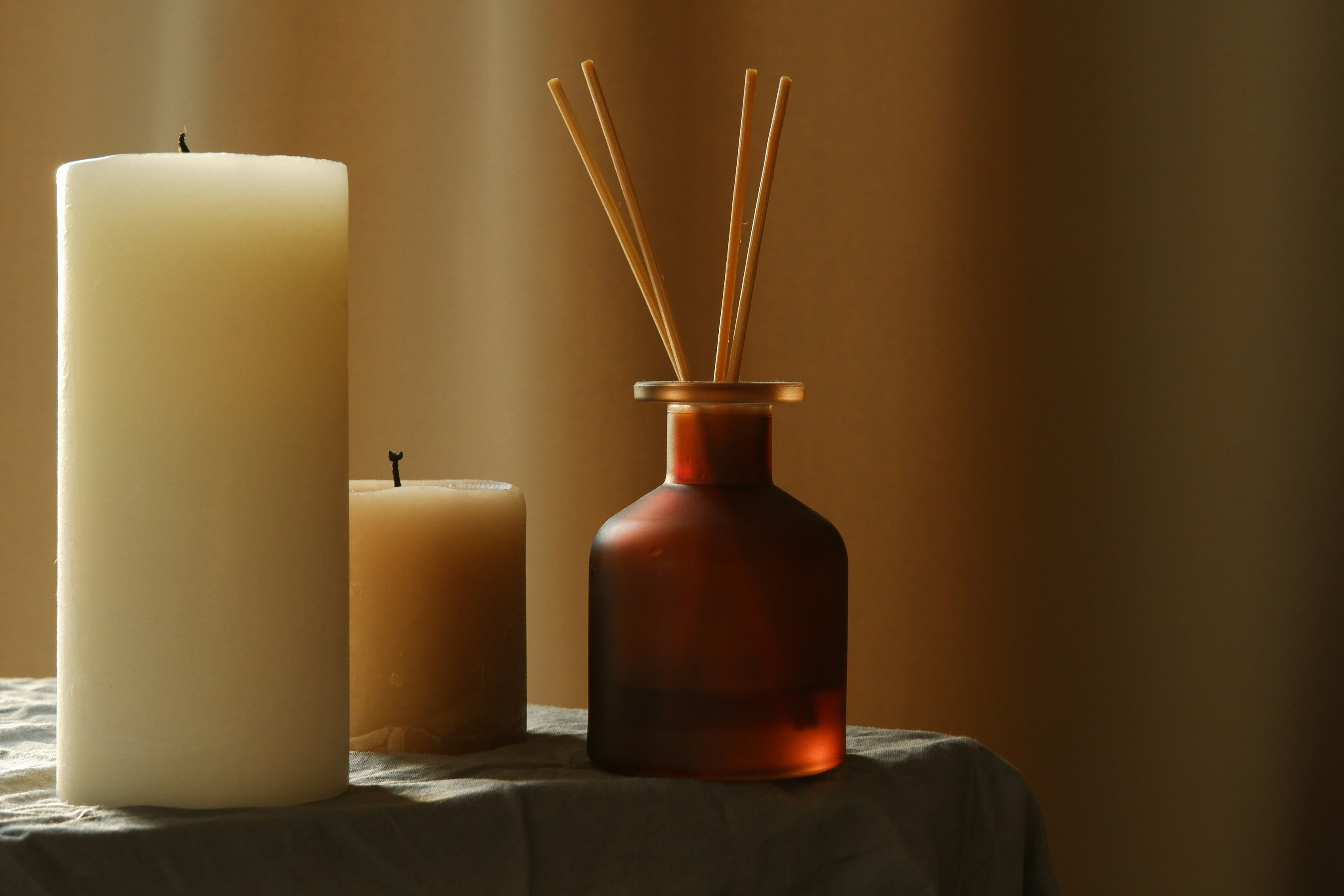
Can aromatherapy improve sleep quality?
Absolutely, aromatherapy can gently improve your sleep. Oils like lavender, chamomile, and cedarwood are known for their natural sedative effects. Breathing in these scents before bed helps calm the nervous system and quiet racing thoughts, making it easier to drift off. Using a diffuser in your bedroom or adding oils to a nighttime massage can create a peaceful atmosphere that invites restorative rest. While not a magic cure, aromatherapy can be a simple and pleasant addition to your bedtime routine, helping you wake up feeling refreshed.
Are there any side effects of aromatherapy?
Though generally safe, aromatherapy can sometimes cause side effects if not used with care. Skin irritation or allergic reactions may occur if essential oils are applied undiluted or if you have sensitive skin. Strong scents might cause headaches or nausea for some, and inhaling certain oils could worsen respiratory issues. It’s especially important for pregnant women, children, and people with health conditions to consult a professional before use. Doing a patch test and following recommended guidelines helps minimize risks, ensuring your aromatherapy experience stays pleasant and healing.
How long does aromatherapy take to work?
How quickly aromatherapy works depends on how you use it and your own body’s response. When you inhale essential oils, effects like relaxation or mood uplift can happen within minutes as the scent reaches your brain. Topical application usually takes a bit longer – around 15 to 30 minutes – to work as the oils absorb through the skin and interact with your body. Some benefits, like improved sleep or reduced anxiety, might become more noticeable with regular use over days or weeks. Everyone’s different, so tuning in to how you feel helps you find your own rhythm with aromatherapy.
What essential oils should be avoided during pregnancy?
During pregnancy, it’s wise to avoid certain essential oils that might stir things up inside your body. Oils like rosemary, clary sage, cinnamon, basil, juniper, and thyme are best skipped because they can trigger uterine contractions or hormonal shifts. Even oils like peppermint and eucalyptus should be used carefully, as their strong scents might cause nausea or breathing troubles. The safest approach is to talk to a healthcare provider and stick with gentle oils like lavender or chamomile under supervision. Protecting your and your baby’s health is the top priority when bringing aromatherapy into pregnancy.
Resources, further reading
Here are a few useful resources for further reading:
- Effects of Aromatherapy on Quality of Life and Pain in Cancer Patients
- The Effects of Aromatherapy on Anxiety and Depression in People With Cancer
- Essential Oils for Clinical Aromatherapy: A Comprehensive Review
- Verywell Health – Rosemary Essential Oil Uses and Benefits
- Cleveland Clinic – Essential Oils 101: Do They Work? How Do You Use Them?
- Reddit – r/aromatherapy
- Reddit – r/essentialoils
Enjoy your adventure in aroma therapy.

